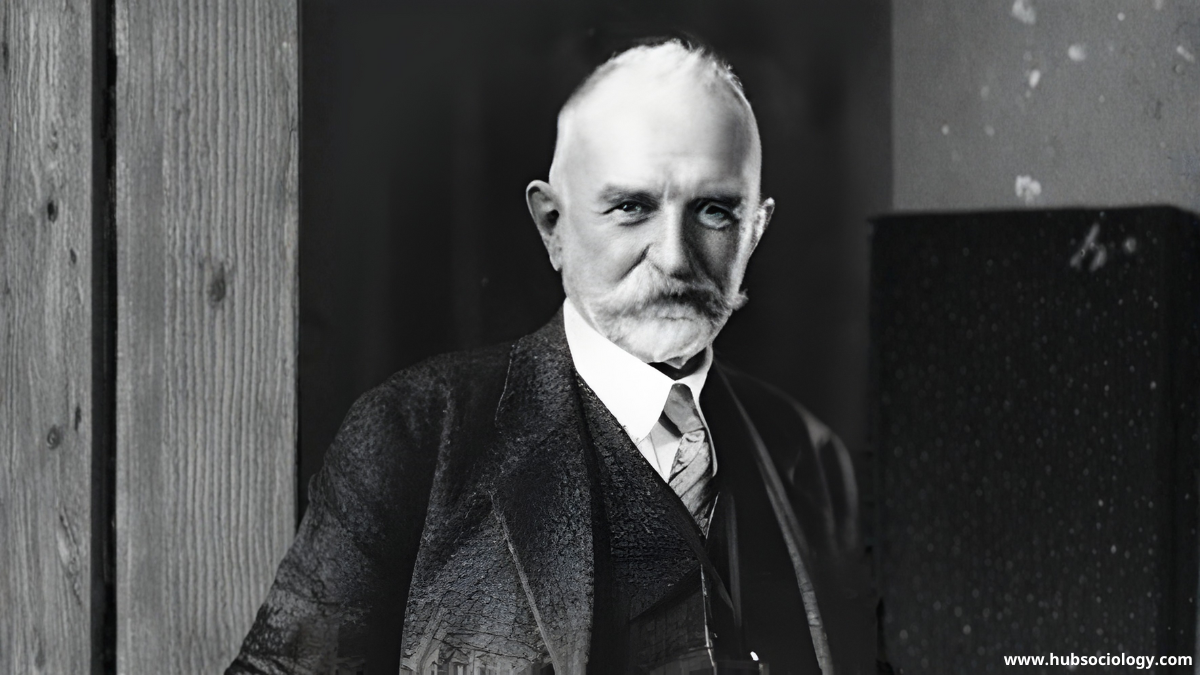Peter Berger and Thomas Luckmann – Contribution to Phenomenology
Introduction on Phenomenology The development of phenomenological sociology owes a significant debt to Peter L. Berger and Thomas Luckmann, two scholars who bridged the gap between philosophical phenomenology and empirical sociology. Their groundbreaking work “The Social Construction of Reality: A Treatise in the Sociology of Knowledge” (1966) redefined the way social scientists understand reality, knowledge, … Read more









